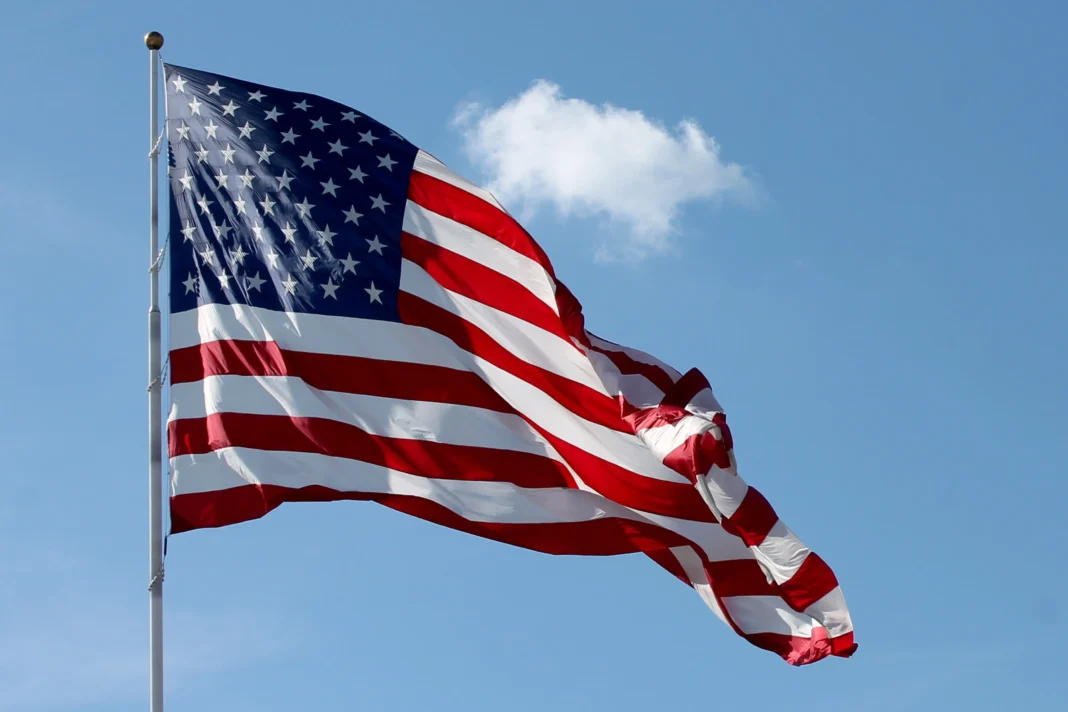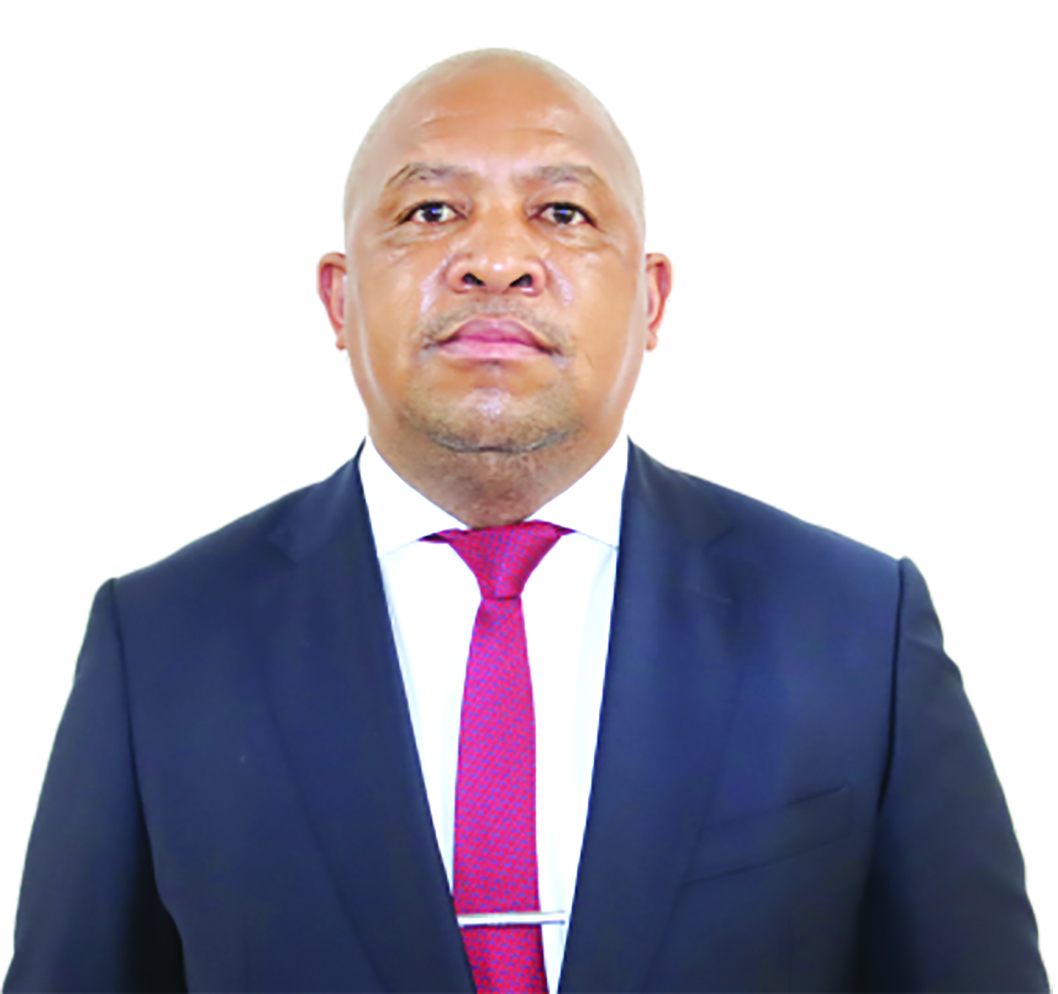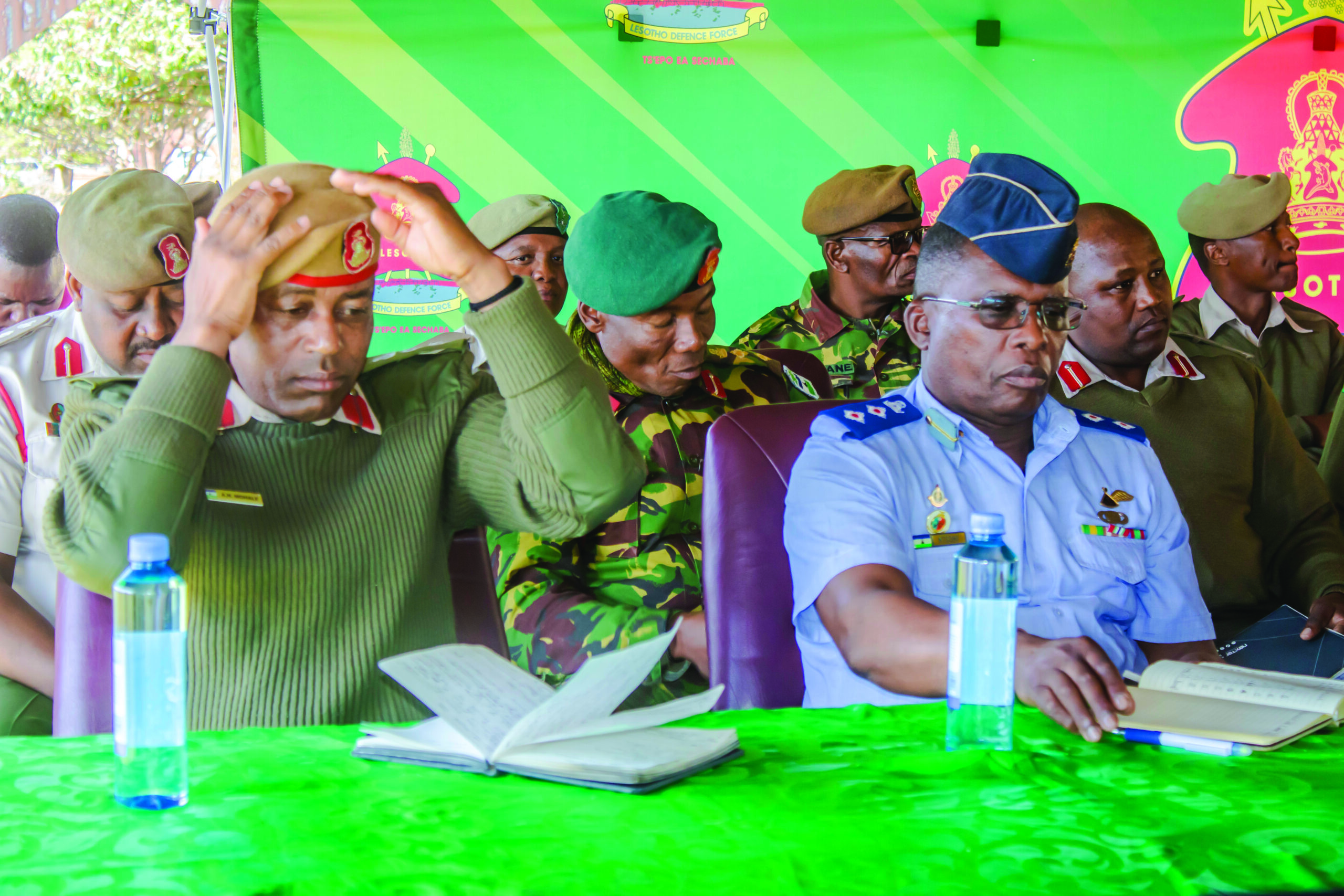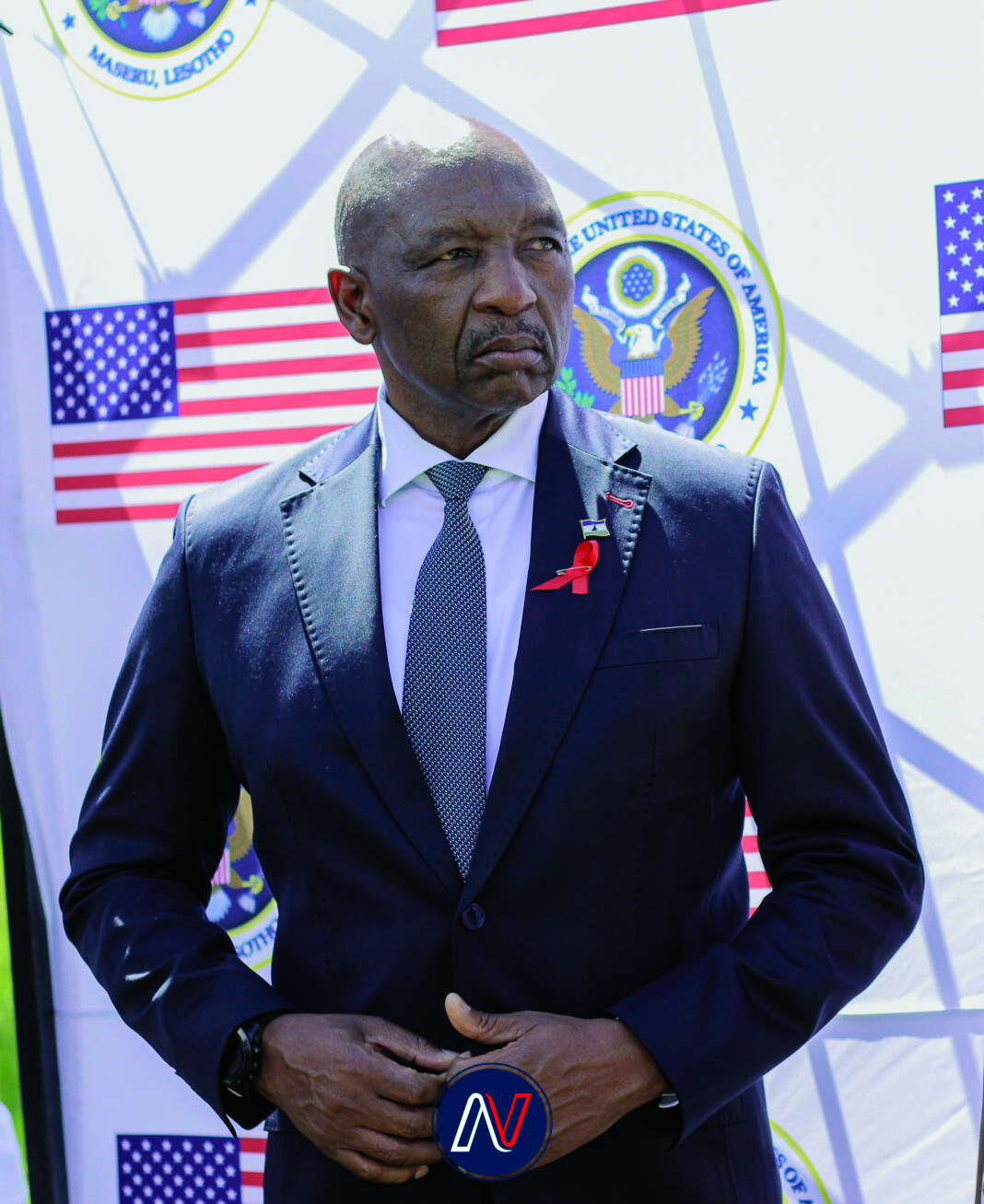Arbitrary arrest and detention remain pressing human rights concerns in Lesotho, according to the United States State Department’s long-awaited 2024 human rights report, released on Tuesday.
The report cited several recent incidents, including the detention of Kakaretso Tsatsi, Molemo Mosunyane, Retšelisitsoe Moeti, and Tsehla by the Lesotho Defence Force (LDF) from October 7–8, for alleged illegal firearms possession. The detainees were later released after authorities failed to recover the weapons.
America said lengthy pre-trial detention remains a major problem, with pre-trial detainees accounting for 28 percent of the prison population. In some cases, the period of pre-trial detention equaled or exceeded the maximum sentence for the alleged crime.
“Pre-trial detention sometimes lasted for years due to judicial staffing shortages, trial postponements requested by unprepared prosecutors, unavailability of legal counsel, inadequate forensic capacity, or negligence,” the report stated.
While Lesotho’s constitution and law prohibit arbitrary arrest and detention and guarantee the right to challenge the lawfulness of detention in court, the report noted that media documented numerous violations, including a ruling by High Court Judge ‘Maseforo Mahase declaring that the LDF lacked jurisdiction to arrest or detain suspects.
“The law required police to obtain an arrest warrant from a magistrate based on sufficient evidence prior to making an arrest on criminal grounds. Police were also required by law to inform suspects of the charges against them at the time of arrest and present suspects in court within 48 hours,” the report said.
“Authorities did not always abide by the 48-hour rule. Suspects were prohibited from being held in pretrial detention for more than 60 days unless considered flight risks or threats to witnesses. The law also provided for bail, which authorities granted regularly.”
The report also criticised Lesotho for extrajudicial killings. In September, the LDF reported killing Nete Makhabane and Lejone Mopoko during an operation to confiscate illegal firearms in Ha Lebesa village, Berea District. An autopsy revealed that Makhabane died from broken ribs and damaged lungs.
“LDF Commander Letsoela announced a formal investigation in a September 25 press conference. The country’s ombudsperson was also conducting an investigation,” the report stated.
The 2024 report follows a period of revisions described by U.S. administration officials as efforts to “streamline” the report, which covers human rights events in roughly 200 countries. A note accompanying the reports indicated they had been “adjusted” to align with the administration’s executive orders.
Critics have noted that the 2024 edition omits references to LGBTQ discrimination and significantly reduces coverage of issues such as gender-based violence, government corruption, systemic racial or ethnic discrimination, and child abuse or sexual exploitation.
Mandated by Congress, these annual reports have long served as a critical resource for U.S. policymakers, human rights organisations, foreign governments, and judicial bodies, informing decisions on arms sales, court proceedings, and serving as a U.S.-led check on government abuses worldwide.
Summary
- While Lesotho’s constitution and law prohibit arbitrary arrest and detention and guarantee the right to challenge the lawfulness of detention in court, the report noted that media documented numerous violations, including a ruling by High Court Judge ‘Maseforo Mahase declaring that the LDF lacked jurisdiction to arrest or detain suspects.
- “The law required police to obtain an arrest warrant from a magistrate based on sufficient evidence prior to making an arrest on criminal grounds.
- Police were also required by law to inform suspects of the charges against them at the time of arrest and present suspects in court within 48 hours,” the report said.

Authored by our expert team of writers and editors, with thorough research.










